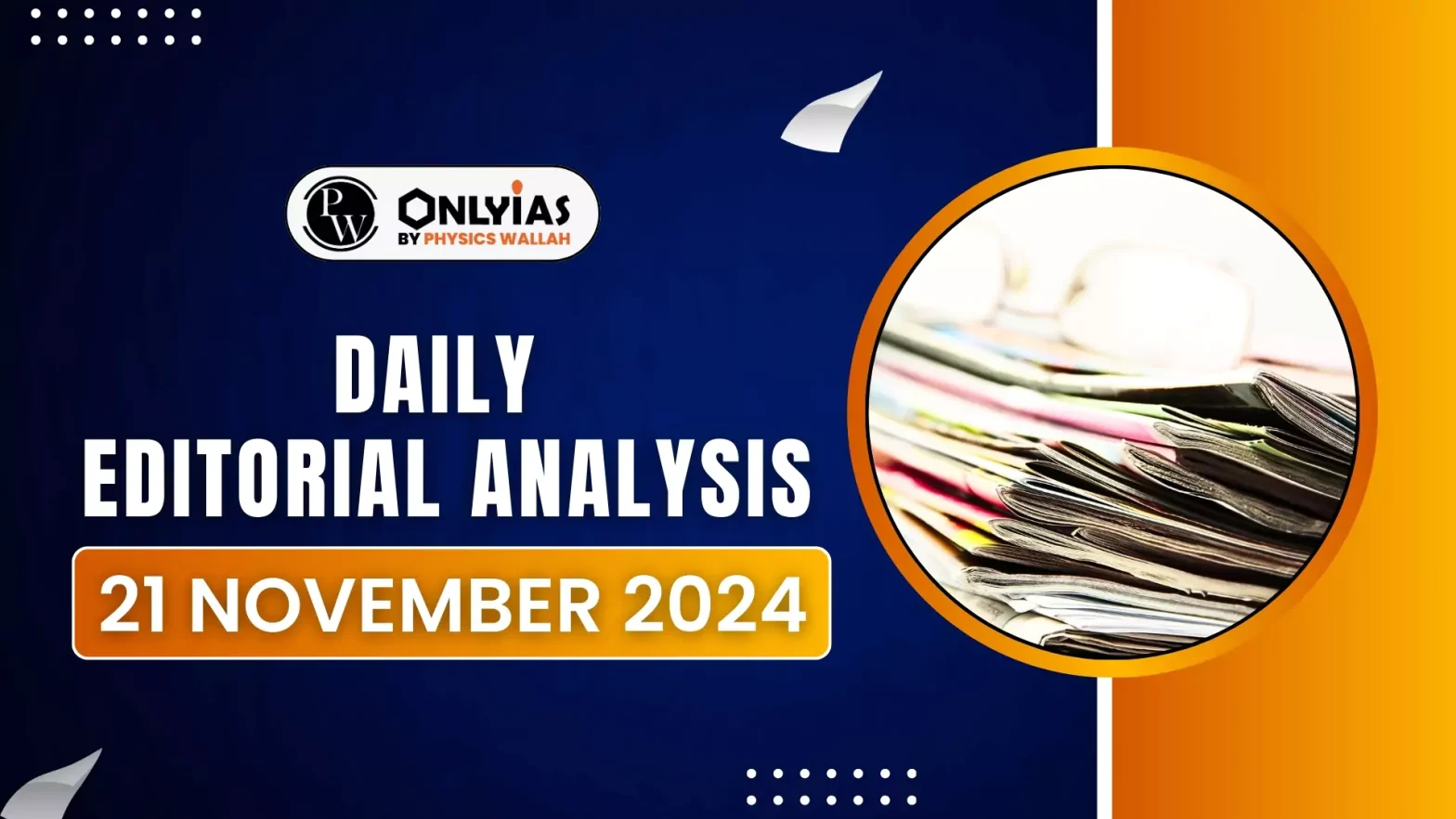A report by the Access to Nutrition Initiative (ATNi) reveals that global food and beverage companies offer unhealthier products in low-and-middle-income countries (LMICs) compared to high-income countries (HICs).
- This contributes to the rise of non-communicable diseases like obesity and diabetes in countries like India.
- The report calls for better food labeling to help consumers make healthier choices.
Report Methodology of the ATNi Report
- The ATNi analysed 52,414 food products from 30 leading global food and beverage brands, including Nestle, Pepsico, Unilever, Coca-Cola, and Hershey.
- These products were assessed using a health star rating system ranging from 1 to 5 stars, where 5 stars indicated the healthiest products.
- Key Factors Considered:
- Involvement of Risk-increasing components: Energy, saturated fat, total sugars, sodium etc.
- Involvement of Risk-decreasing components: Protein, fibre, fruits, vegetables, nuts, legumes etc.
Enroll now for UPSC Online Course
Key Findings of ATNi Report
Products Sold in Low and Middle-Income Countries (LMICs)
- With an average health score of just 1.8 stars, products in LMICs were found to be significantly less healthy compared to those sold in High-Income Countries (HICs).
- It was found that there is limited availability of micronutrient data for these products.
- Only 30% of companies have strategies in place to price healthier products affordably for low-income consumers.
Products Sold in High-Income Countries (HICs)
- The average health score was found to be 2.3 stars.
- It was also found that healthier products are more commonly available in HICs as compared to LMICs.
Previous Related Findings:
- Nestlé’s Discrepancy in Product Formulation: Earlier reports, such as the one by Public Eye and IBFAN, revealed that Nestle’s baby food products sold in India, Africa, and Latin America had significantly higher sugar content compared to the same products in European markets.
- This discrepancy led the Indian government to request the Food Safety and Standards Authority of India (FSSAI) to take action against Nestle.
|
Significance of the report in India
- India is grappling with an increasing burden of Non-Communicable Diseases (NCDs), such as diabetes and obesity, which are largely driven by poor dietary habits.
- The report highlights how unhealthy food products in the market contribute to this growing health crisis, underlining the need for better regulation and healthier food options.
Check Out UPSC Modules From PW Store
Key facts related to Current Health Challenges
- Diabetes: 10.13 crore Indians affected
- Obesity rates: 24% among women, 23% among men
- Other health issues: Undernutrition, anaemia, and micronutrient deficiencies remain significant problems.
- The changing dietary patterns, with a higher consumption of processed foods and lower physical activity, contribute substantially to the country’s disease burden.
- 56.4% of India’s total disease burden is attributed to unhealthy diets, according to ICMR.
|
Contributing Factors to Current Health Challenges
- Diet-Related Issues:
- The increased consumption of processed foods, which are often high in sugars, fats, and sodium, combined with reduced physical activity, is a leading cause of NCDs in India.
- Access to diverse foods remains limited for large sections of the population, exacerbating micronutrient deficiencies.
- Economic Factors:
- Over 50% of Indians cannot afford a healthy diet, as per UN data.
- At the same time, household expenditure on processed foods is rising, contributing to an unhealthy dietary shift.
Current Situation of Regulatory Status in India:
- India is committed to global health resolutions such as those outlined by the World Health Assembly (WHA).
- In 2017, India launched the National Multisectoral Action Plan for Prevention and Control of Common NCDs (NMAP) for the period 2017-22 to tackle non-communicable diseases (NCDs).
- Despite these efforts, there has been little progress in implementing front-of-pack labelling for food products, which remains a critical gap in public health policy.
Way Forward
- Front-of-Package Labelling: Clear, mandatory labels highlighting sugar, fat, and sodium levels are crucial for informed consumer choices.
- Labels should be simple, user-friendly, and free of jargon.
- A star rating system can indicate product healthiness, making healthier choices easier to identify.
- Government Action: This includes enforcing regulations on food quality, promoting healthier eating habits, and improving access to affordable nutritious food, especially for low-income groups.
- Global Success Stories: Countries like Chile and Mexico have effectively used front-of-package labels to reduce the consumption of sugary beverages.
- Evidence shows that warning labels, in particular, are more effective than star ratings in influencing consumer behaviour.
Enroll now for UPSC Online Classes
Conclusion
In light of the findings from the ATNi report and the rising health challenges in India, it is crucial for the government to implement strong regulatory measures for food labelling, especially on processed foods, to combat NCDs and promote public health. Without these measures, the growing incidence of diet-related diseases is likely to continue, burdening the healthcare system and affecting the quality of life for millions.
![]() 21 Nov 2024
21 Nov 2024
